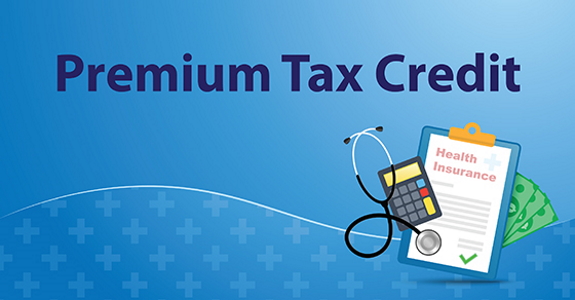Tag: tax
-

Changes to Premium Tax Credit Could Increase Penalty Risk for Some Businesses
The premium tax credit (PTC) is a refundable credit that helps individuals and families pay for insurance obtained from a Health Insurance Marketplace (commonly known as an “Exchange”). A provision of the Affordable Care Act (ACA) created the credit. The American Rescue Plan Act (ARPA), signed into law in March 2021, made several significant enhancements…
-

New Law Tax Break May Make Child Care Less Expensive
The new American Rescue Plan Act (ARPA) provides eligible families with an enhanced child and dependent care credit for 2021. This is the credit available for expenses a taxpayer pays for the care of qualifying children under the age of 13 so that the taxpayer can be gainfully employed. Note that a credit reduces your…
-

New COVID-19 Relief Law Extends Employee Retention Credit
Many businesses have retained employees during the COVID-19 pandemic and enjoyed tax relief with the help of the employee retention credit (ERC). The recent signing of the American Rescue Plan Act (ARPA) brings good news: the ERC has been extended yet again. The original credit As originally introduced under last year’s CARES Act, the ERC…
-

Estimated Tax Payments: Deadline for First 2021 Installment Coming Up
April 15 is not only the deadline for filing your 2020 tax return; it’s also the deadline for the first quarterly estimated tax payment for 2021 if you’re required to make one. You may have to make estimated tax payments if you receive interest, dividends, alimony, self-employment income, capital gains, prize money or other income.…
-

Small Businesses: Cash in on Depreciation Tax Savers
As we approach the end of the year, it’s a good time to think about whether your business needs to buy business equipment and other depreciable property. If so, you may benefit from the Section 179 depreciation tax deduction for business property. The election provides a tax windfall to businesses, enabling them to claim immediate…
-

Employees: Don’t Forget About Your FSA Funds
Many employees take advantage of the opportunity to save taxes by placing funds in their employer’s health or dependent care flexible spending arrangements (FSAs). As the end of 2020 nears, here are some rules and reminders to keep in mind. Health FSAs A pre-tax contribution of $2,750 to a health FSA is permitted in both…
-

Why It’s Important to Plan for Income Taxes as Part of Your Estate Plan
As a result of the current estate tax exemption amount ($11.58 million in 2020), many estates no longer need to be concerned with federal estate tax. Before 2011, a much smaller amount resulted in estate plans attempting to avoid it. Now, because many estates won’t be subject to estate tax, more planning can be devoted…
-

Now More than Ever, Carefully Track Payroll Records
The subject of payroll has been top-of-mind for business owners this year. The COVID-19 pandemic triggered economic changes that caused considerable fluctuations in the size of many companies’ workforces. Employees have been laid off, furloughed, and, in some cases, rehired. There has also been crisis relief for eligible businesses in the form of the Paycheck…
-

What Happens If an Individual Can’t Pay Taxes
You may wonder what happens in the event you or someone you know can’t pay taxes on time. Here’s a look at the options. Common penalties The “failure to file” penalty accrues at 5% per month or part of a month (to a maximum of 25%) on the amount of tax your return shows you…

